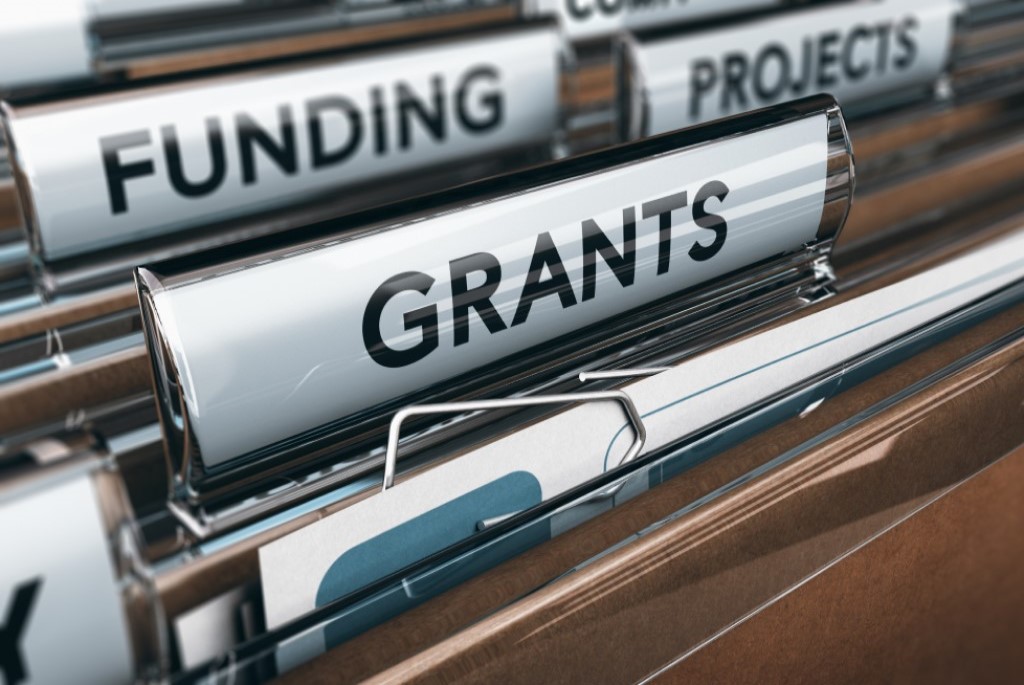Effective May 21, 2023, P&N has joined EisnerAmper. Read the full announcement here.

Fraud in governmental grant programs leads to an erosion of public trust and reputational impact, undermines the ability of the program to achieve intended outcomes, leads to lost opportunities to support the purpose of the program through reduced available funding, and increases the cost to respond to the fraud. The trillions of stimulus dollars made available to all areas of the economy to respond to the impacts of COVID-19 heightens the potential for fraud.
Fraud in governmental grant programs:
The Office of the Special Inspector General for Pandemic Recovery, in its quarterly report to Congress covering April to June 2021, stated that the Justice Department has charged nearly 500 persons with criminal offenses related to pandemic fraud schemes. Quarter highlights include the following:
- 620 hotline complaints across a variety of federal funding programs were received and vetted;
- Seven new investigations were opened while work continued on 12 others; and
- 20 preliminary inquiries and full investigations were worked on.
Further, the Association of Certified Fraud Examiners indicated in its “Report to the Nations – 2020 Global Study on Occupational Fraud and Abuse – Government Edition” that the most common initial detection method for fraud was through a tip (43%). The top three tip sources were employees (54%), anonymous parties (13%), and vendors (10%). Further, detection by tip was substantially higher in organizations with hotlines and employee fraud awareness training.
More information from the Report to the Nations Government Edition can be found here.
What can be done?
Key activities that can help your organization prevent and detect fraud include:
- Maintaining an organization with staff leadership and teams with qualified, skilled, and appropriately trained/experienced personnel;
- Encouraging coordination among agencies and departments;
- Creating an anti-fraud policy that sets the tone within the organization;
- Establishing a fraud hotline; and
- Routinely providing fraud awareness training across your organization.
Additional factors for successful oversight of federal funding, from the Department of Interior OIG 2020 report on Lessons Learned for CARES Act Awards include the following:
- Ensuring sufficient workforce capacity;
- Confirming use of the appropriate award vehicle (contract vs. grant vs. cooperative agreement);
- Maximizing competition in the source selection process;
- Performing background research and risk assessment of potential recipients;
- Monitoring documentation and use of funds by recipients; and
- Reviewing recipients’ performance and financial reports.
Do you need help navigating the fraud-specific risks in your organization? P&N has a depth of resources to help mitigate, investigate, and analyze fraud perpetration. Contact us today to find out how we can assist.




